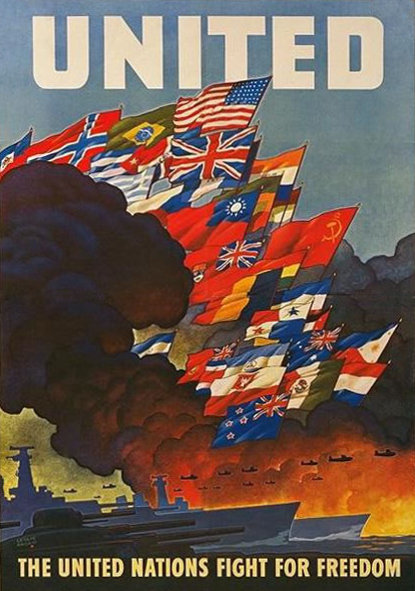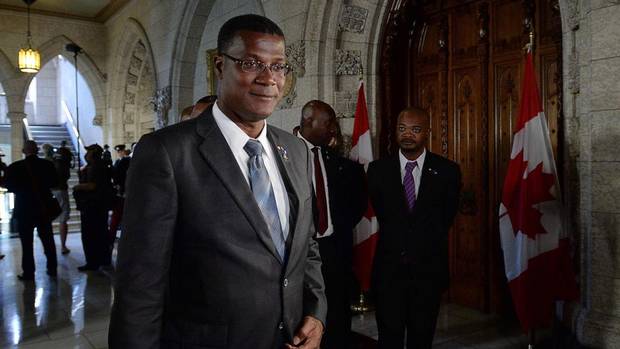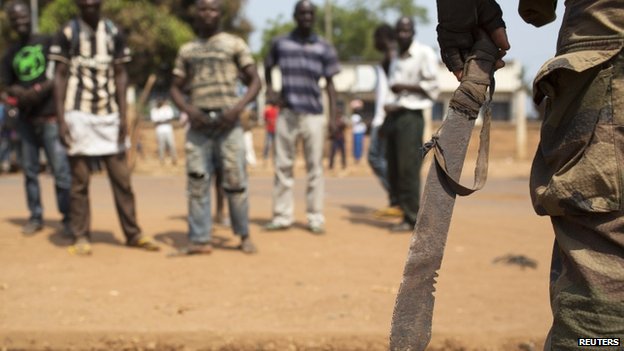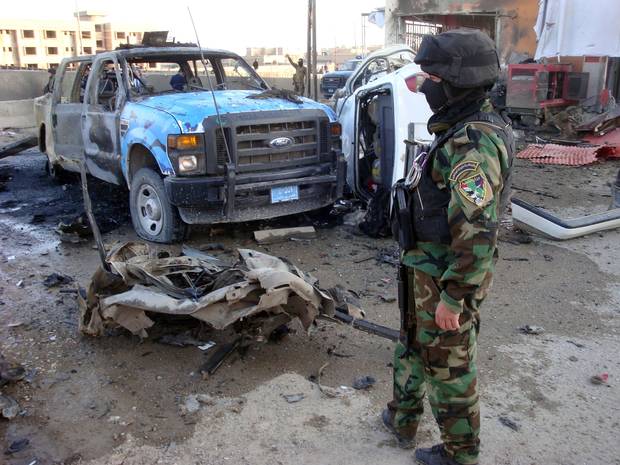For the UN, the international community’s most important organization, its most difficult mandate to enforce is that of protecting people. Chapter 7 of the UN Charter, addressing intervention, includes the issue of humanitarian intervention, and more specifically peacekeeping for the maintenance of international peace and security.
UN peacekeeping missions work “to create the conditions for lasting peace in a country torn by conflict.” The principles of peacekeeping are that of consent, impartiality, and non-use of force. If force is used without any aid provided, the state may perceive intervention as a threat to its territorial integrity and state sovereignty. The purpose of UN peacekeeping missions is four-fold; to facilitate the political process, to assist in disarmament, demobilization and reintegration, and to protect human rights and the rule of law.
The strengths of peacekeeping missions are inherent in the nature of the UN as an organization. These strengths include legitimacy through neutrality, and burden sharing between UN member states in providing resources and funds for peacekeeping missions. Financing of peacekeeping operations is taken by the General Assembly, in other words it is taken up equally by each member state of the UN. Every member state is legally obligated to pay its respective share towards peacekeeping missions. However, the five permanent members of the Security Council are required to pay a larger share because of their “special responsibility” in the maintenance of international peace and security. The 2015 budget for UN peacekeeping missions is about $8.27 billion, which is only about 0.05% of global military expenditures.
As is the case with most UN action and intervention, with peacekeeping missions, the issue of inconsistency has arisen, which has led to accusations of abuse and misuse of Chapter 7 by the UN, the Security Council, and its member states. However, in order to provide for the differences and irregularities between global conflicts, the inconsistency of peacekeeping missions allows for flexibility and a multitude of configurations to fit each situation. Likewise, with peacekeeping missions, the issue of legitimacy has arisen. The presence of UN peacekeeping missions, in some states, has indirectly provided for small criminal organizations to grow into well-organized networks. Peacekeepers can redirect their funding and support to enable such criminal networks “to purchase their own security,” in other words to pay off government officials. In this way, peacekeepers have the ability to seize state sovereignty and continue to destabilize a region. With respect to the issue of legitimacy of UN peacekeeping missions, unilateral intervention by a state has often led to great skepticism by the international community. Other issues and complications in peacekeeping missions include the problem of distinguishing between belligerents and civilian populations and the fact that many within these civilian populations try to seek asylum to leave behind these conflict zones, which makes it even more difficult for UN forces to protect civilian populations.
In a 2004 Amnesty International and BBC report, it was discovered that “immediately following the deployment of a UN peacekeeping mission in Bosnia and Kosovo there was a sharp increase in the proliferation of prostitution and sex trafficking in the region.” A 2006 UN internal inquiry discovered that in a UN peacekeeping mission in the Democratic Republic of Congo “peacekeeping forces were involved with child molestation and pedophilia in the region.” These cases have often been referred to as the dark side of UN peacekeeping missions, and directly undermine the legitimacy and credibility of the UN’s global peacekeeping missions.
The UN is the international community’s most important organization, however, it is also its most dysfunctional. Peacekeeping missions are only one example of such; they are often undermanned, poorly equipped, and given vague instructions when deployed, specifically in the cases of Somalia, Rwanda and Bosnia. Apart from the issues of inconsistency and legitimacy, UN forces are often without the vital resources and political support they need in order to protect the people they serve.
According to Rupert Smith, former British UN commander, the most critical element in intervention, and one that is most often not exhibited, is that of decisiveness. With the over 100 000 peacekeepers serving in operations worldwide, it is an important time for the UN to begin to address these issues and become a more decisive international organization.




